Dogs have been humanity’s stalwart companions for tens of thousands of years. Unfortunately, not every dog is as genetically healthy as they deserve to be, thanks largely to our meddling. Over the past few centuries, human-guided breeding has split dogs into hundreds of distinct breeds, based on specifically desired physical characteristics. And sometimes, these characteristics, or the inbreeding needed to create them, can lead to a high risk of health problems.
Scientists, animal welfare advocates, and some breeders have long been trying to bring attention to the plight of these less-healthy dogs. And while there are many in these communities who believe that it’s still possible to steer breeding practices in a positive direction, at least some countries have recently taken action to heavily regulate or effectively ban the breeding of certain dogs. Some organizations, such as the Brachycephalic Working Group, have launched public outreach efforts to discourage the buying and selling of specific breeds.
Of course, every dog alive today is a good boy or girl worthy of being part of a family. But for people who are interested in letting a dog occupy their home and heart, here are some breeds known to be less healthy than others.
French Bulldogs
Their health risks: Frenchies belong to a group of canines known as brachycephalic dogs. These dogs have a much flatter muzzle and skull than other breeds, making them more susceptible to breathing problems, among other health issues. A study last December found that Frenchies in particular were more likely to develop 12 out of 32 common disorders than non-Frenchies, including narrowed nostrils, skin infections around their wrinkly faces, and difficulty giving birth. Some breeders have recently also gone out of their way to breed hairless French bulldogs, a designer dog trend that alarmed many veterinarians, since the lack of hair would likely raise their odds of sunburn or other skin problems.
Bernese Mountain Dogs
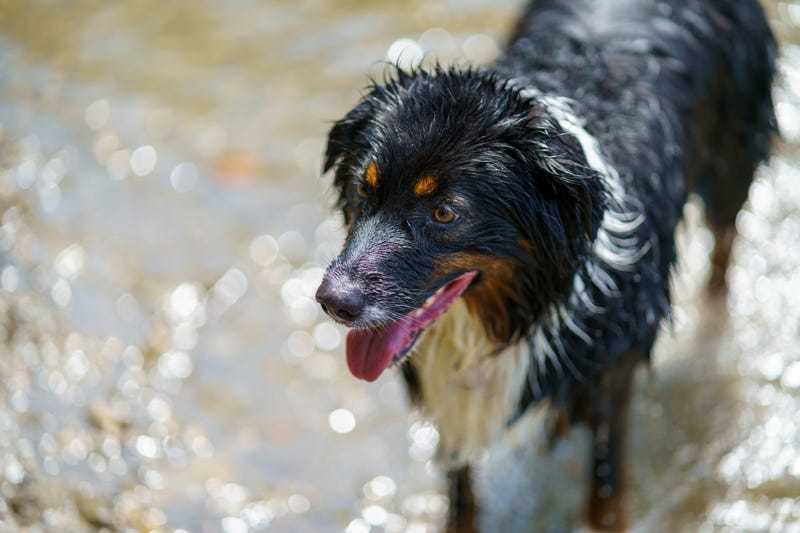
Their health risks: Bigger dogs are generally more likely to have a shorter lifespan and a greater risk of health problems than smaller breeds. And these lovable goofs are sadly no exception. Bernese mountain dogs and other large breeds are known to be more vulnerable to canine hip dysplasia, a deformity in how the hip develops that can eventually lead to chronic arthritis. They also belong to an ancestral group of canines known as “mountain” dogs, and a 2020 study found that these breeds may live three to four years shorter on average than other dogs. An increased risk of early death remained even after taking size into account.
English Bulldogs
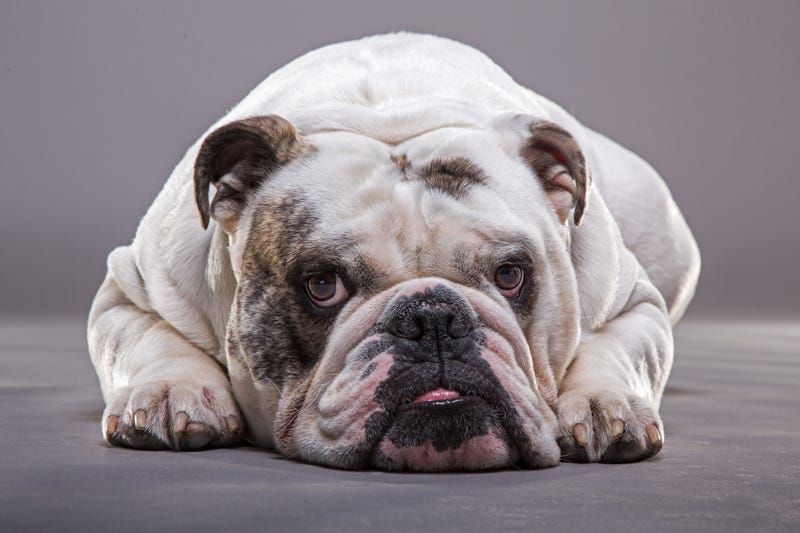
Their health risks: Like their French counterparts, English bulldogs are a brachycephalic breed with more than their fair share of issues. Aside from a shorter lifespan and breathing problems, a recent study found that they’re much more likely to develop so-called “cherry eyes”—a condition that causes a protruding red mass to form in the corner of the eye, which then raises the risk of infections. This February, a court decision in Norway ended the breeding of English bulldogs within the country.
Great Danes
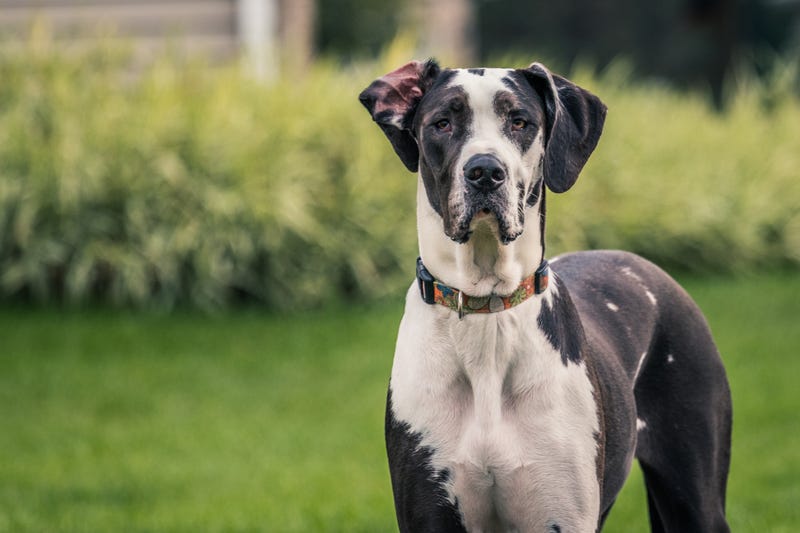
Their health risks: Great Danes are another large dog susceptible to hip and other skeletal problems. But even compared to many other hefty breeds, Danes have a short lifespan, with the average Dane living between 8 and 10 years and many only until age 6. Their brief existence and higher risk for cardiovascular disease has apparently even led some vets to nickname them the “heartbreak” breed.
Cavalier King Charles Spaniels
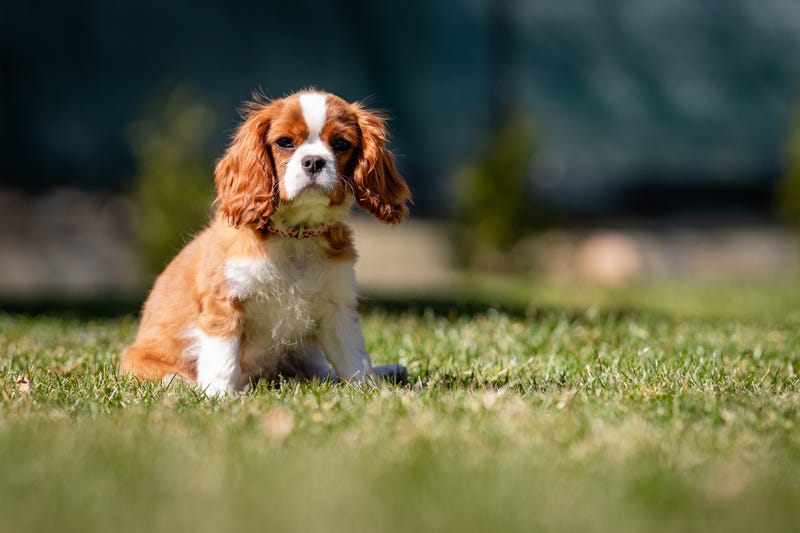
Their health risks: At first glance, Cavalier King Charles spaniels may not look as recognizably unhealthy as some other breeds, such as a constantly panting bulldog. But they’re also brachycephalic, and they have their own laundry list of elevated health risks. In particular, most spaniels will inevitably develop mitral valve disease, which causes the valve to not close properly, allowing blood moving through the heart to sometimes flow backwards. The condition often leads to other heart problems, including heart failure, and it’s considered to be the breed’s leading cause of death. The Cavalier King Charles spaniel was the other breed beside the English bulldog that Norway decided to ban this year.
Irish Wolfhound
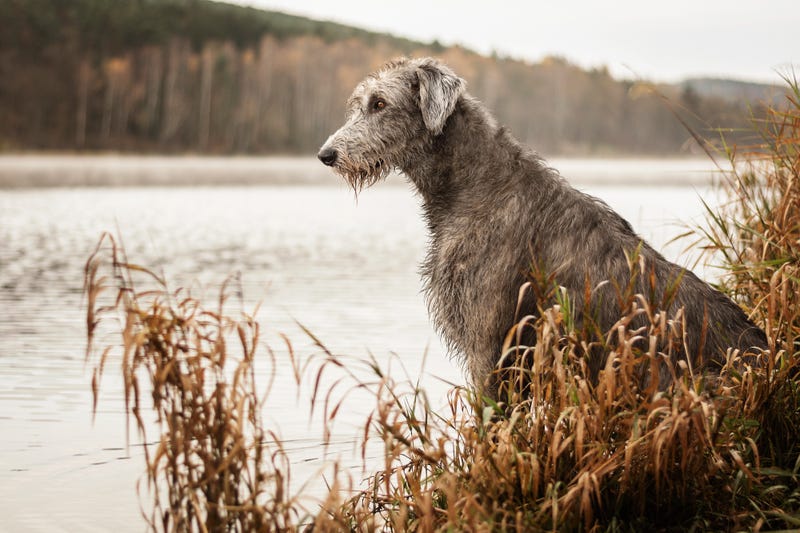
Their health risks: Irish wolfhounds may have the shortest life expectancy of any breed around, perhaps due to their very large size. Pet owner surveys have found that while some may live up to 13, their average age of death is 6 to 7. Their most common cause of death, by a wide margin, appears to be cancer, followed by cardiovascular disease.
Pugs
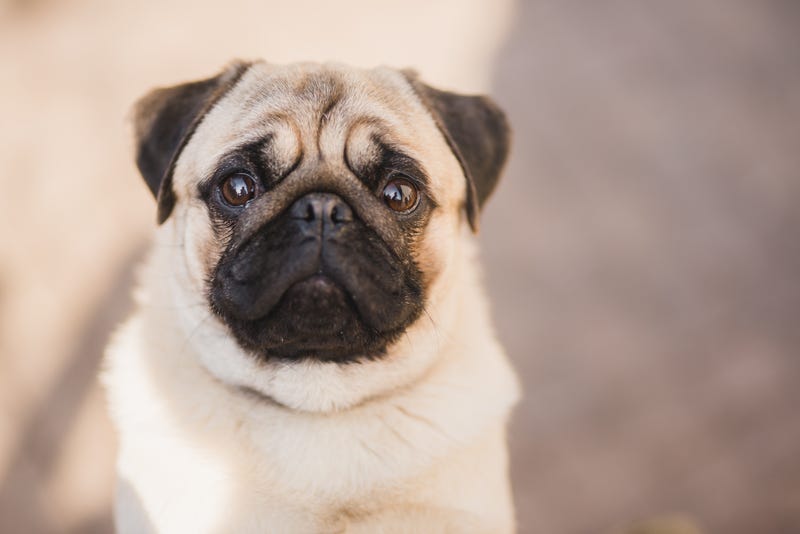
Their health risks: Pugs, in this writer’s humble opinion, are some of the most beautifully tragic creatures in the world. But their ever-wrinkled faces and flattened skulls make them prone to a bevy of health issues, including labored breathing and skin fold inflammation that can lead to nasty skin infections. They also often can’t walk right, and they can develop a neurological condition that’s become so synonymous with the breed that it’s known as pug dog encephalitis. There has been some debate about whether the breeding of these pugs should be banned as well, but a small community of breeders have also started to outcross pugs with other dogs in an effort to create healthier “retropugs” that resemble what they used to look like centuries ago.
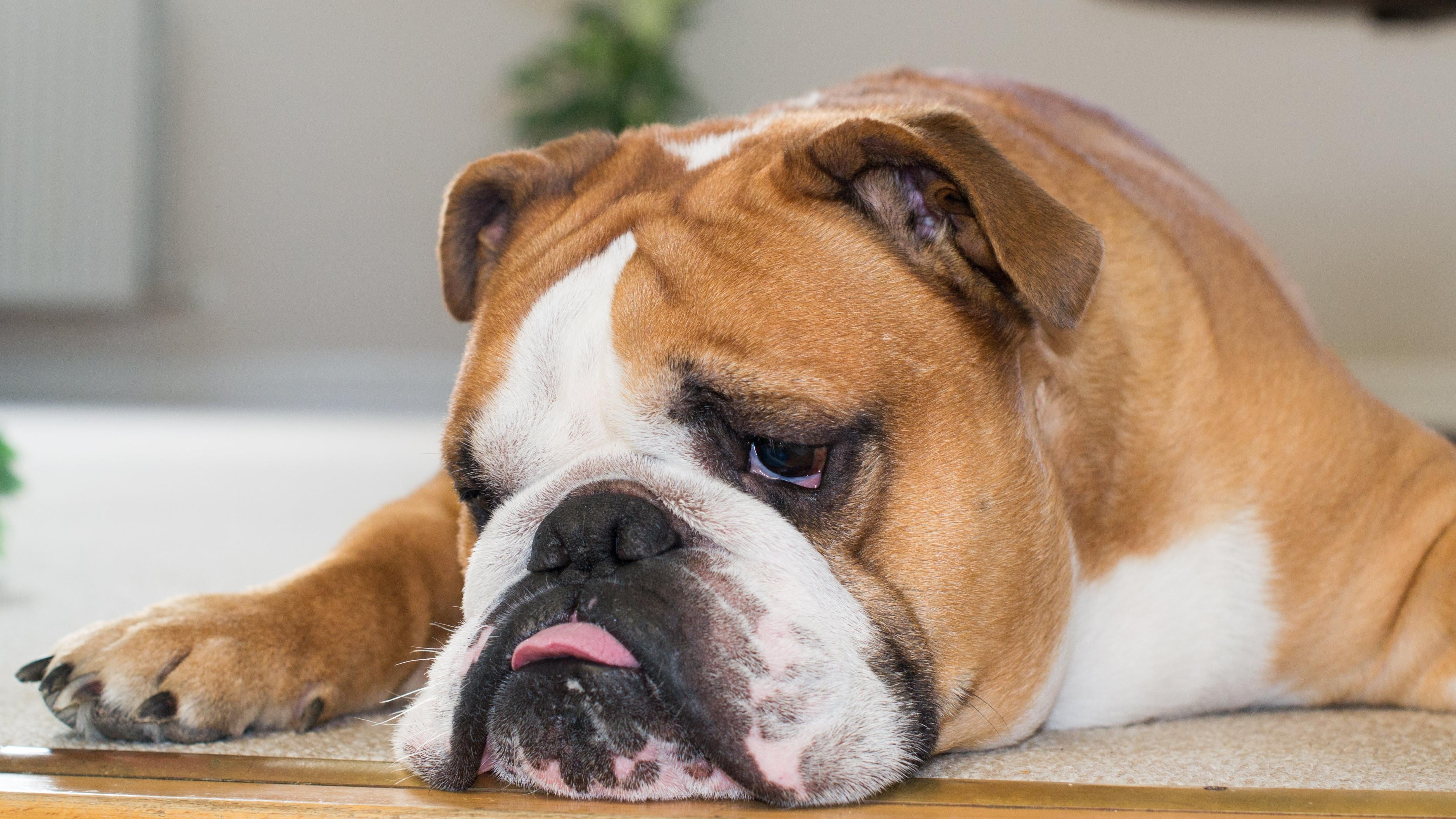

/cloudfront-us-east-1.images.arcpublishing.com/gray/H2ZIW4GRTVERXJGOAZXT2Z7KYQ.png)


